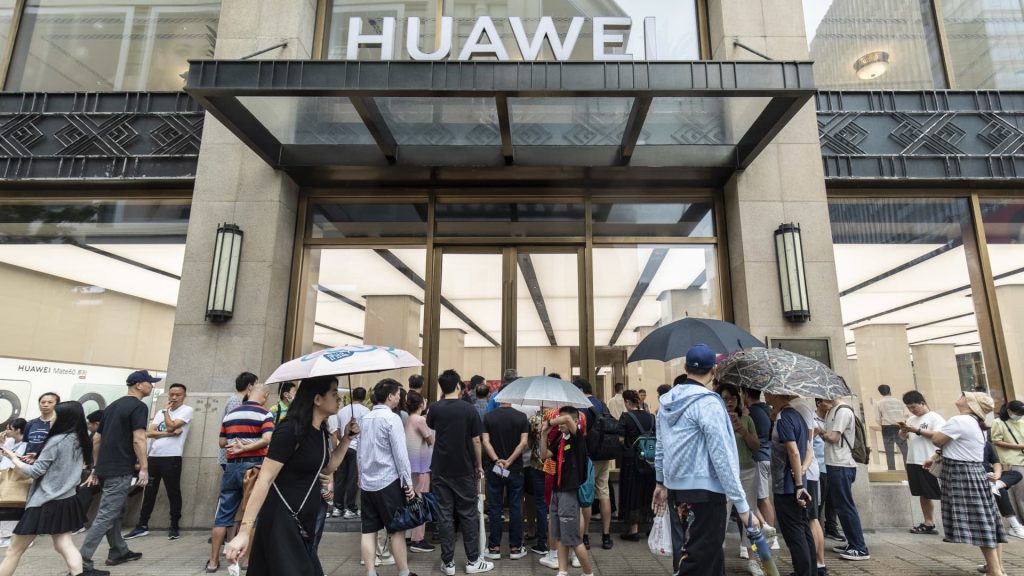Union Pacific
UNP
UNP stock has seen little change, moving slightly from levels of $210 in early January 2021 to around $205 now, vs. an increase of about 15% for the S&P 500 over this roughly 3-year period. Overall, the performance of UNP stock with respect to the index has been lackluster. Returns for the stock were 21% in 2021, -18% in 2022, and -1% in 2023. In comparison, returns for the S&P 500 have been 27% in 2021, -19% in 2022, and 11% in 2023 – indicating that UNP underperformed the S&P in 2021 and 2023.
In fact, consistently beating the S&P 500 – in good times and bad – has been difficult over recent years for individual stocks; for other heavyweights in the Industrials sector, including UPS, CAT, and GE, and even for the megacap stars GOOG, TSLA, and MSFT.
In contrast, the Trefis High Quality Portfolio, with a collection of 30 stocks, has outperformed the S&P 500 each year over the same period. Why is that? As a group, HQ Portfolio stocks provided better returns with less risk versus the benchmark index, less of a roller-coaster ride, as evident in HQ Portfolio performance metrics.
Given the current uncertain macroeconomic environment with high oil prices and elevated interest rates, could UNP face a similar situation as it did in 2021 and 2023 and underperform the S&P over the next 12 months – or will it see a strong jump? From a valuation perspective, UNP stock looks like it has little room for growth. We estimate Union Pacific’s Valuation to be $226 per share, reflecting a 10% upside from its current levels of $205. Our forecast is based on a 22x P/E multiple for UNP and expected earnings of $10.31 on a per-share and adjusted basis for the full year 2023. This aligns with UNP’s last four-year average P/E multiple.
Union Pacific’s revenue of $5.9 billion in Q3 was down 9.5% y-o-y due to a 3% fall in total volume and a 7% decline in average revenue per unit. Lower fuel surcharge revenue and intermodal demand weighed on the company’s top line. Looking at segments, Bulk sales were down 10%, Industrial revenue was down 6%, and Premium, which includes Intermodal, saw its sales decline 12% in the quarter. Union Pacific saw its operating ratio deteriorate by 350 bps to 63.4%. Lower revenues and margin contraction led to an 18% y-o-y decline in the bottom line to $2.51 per share in Q3’23.
UNP stock is trading at 5.2x sales compared to the last five-year average of 4.9x, implying little room for growth. We believe investors will likely be better off waiting for a dip to enter UNP for better gains in the long run. That said, fears of a potential recession and its impact on the railroad business remain a key risk factor for Union Pacific’s near-term performance.
While UNP stock looks like it has little room for growth, it is helpful to see how Union Pacific Peers fare on metrics that matter. You will find other valuable comparisons for companies across industries at Peer Comparisons.
Invest with Trefis Market Beating Portfolios
See all Trefis Price Estimates
Read the full article here







